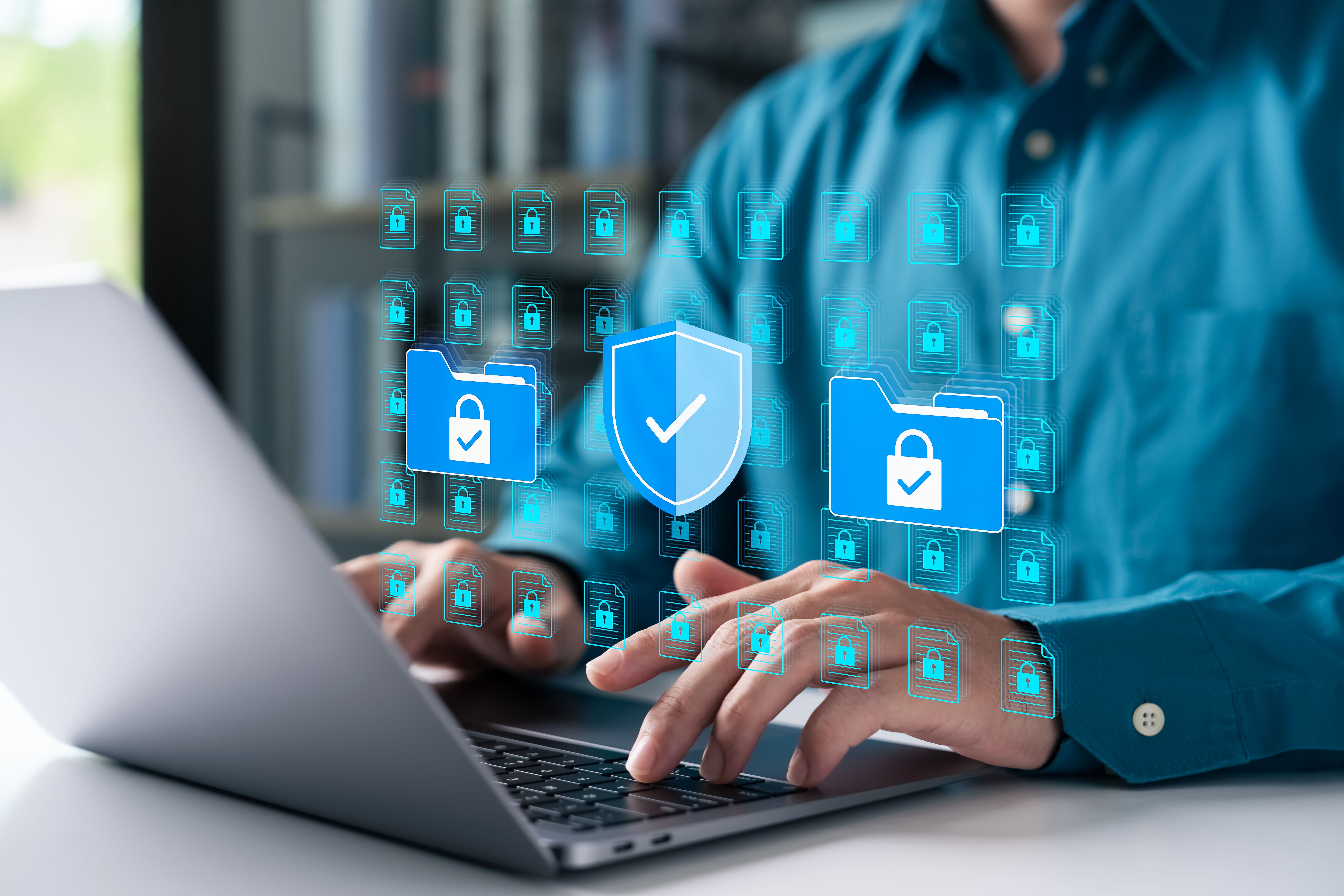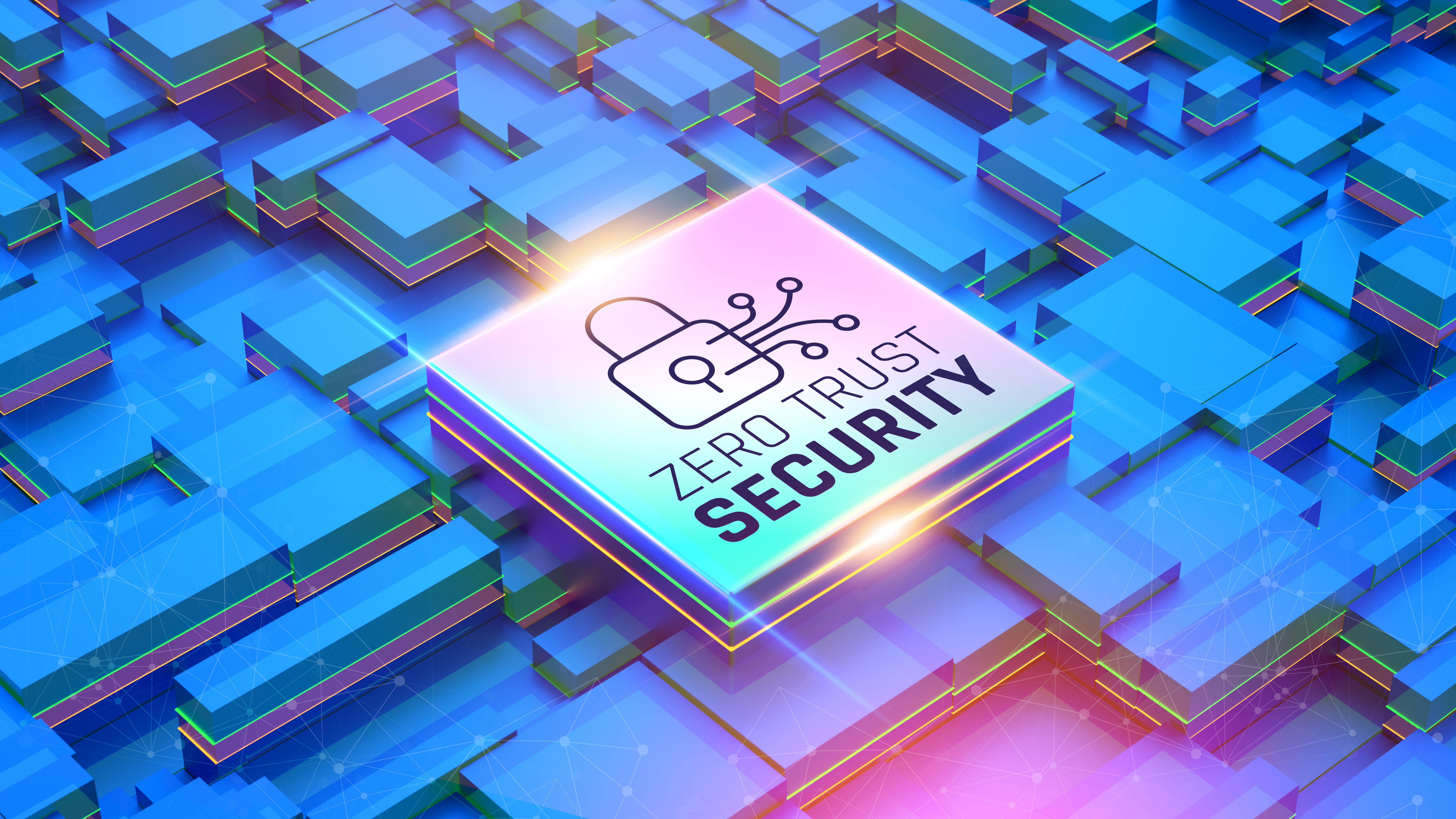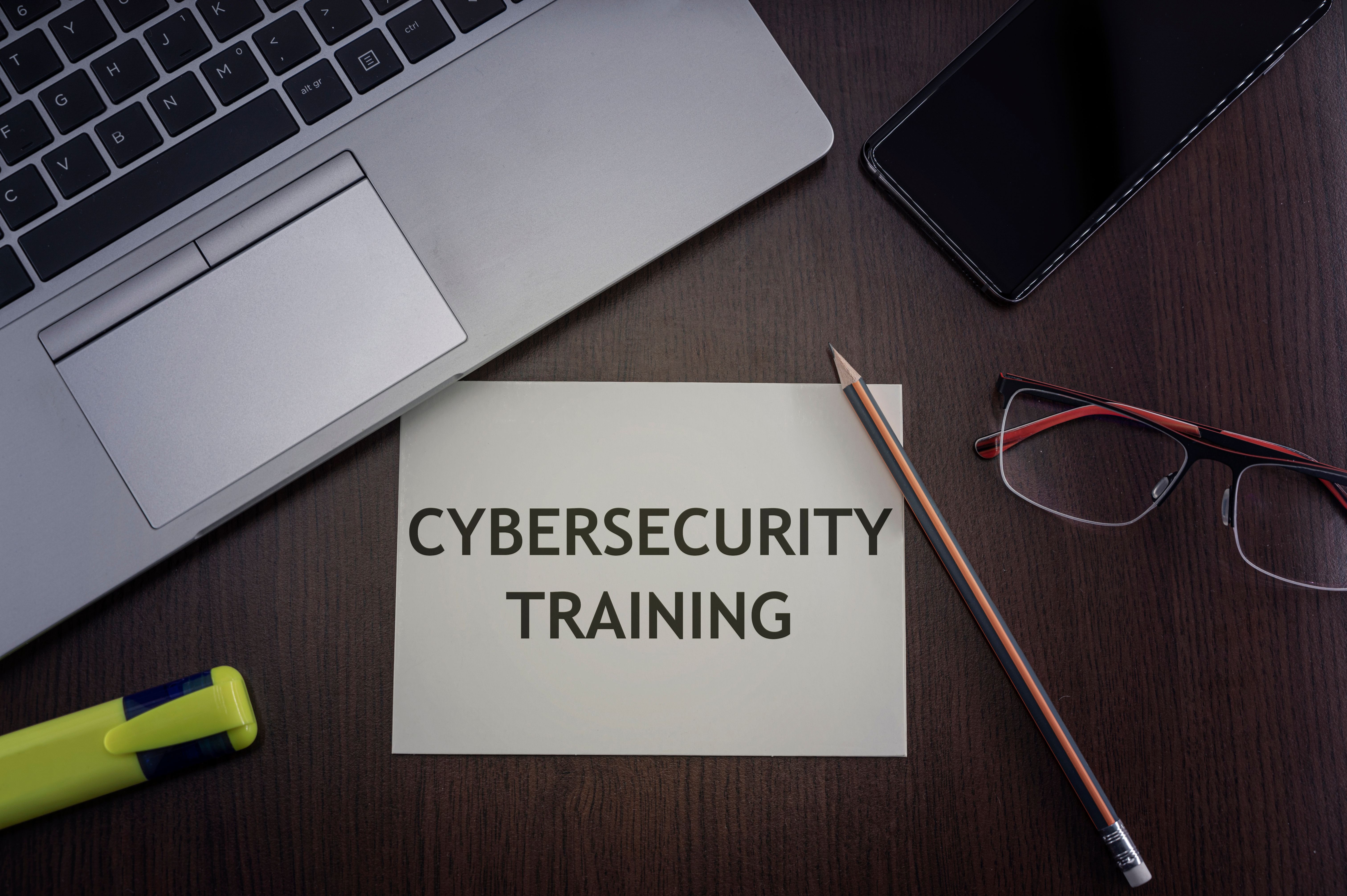Cybersecurity Trends: Preparing Georgia Businesses for the Future
DT
Understanding the Current Landscape of Cybersecurity
As technology advances, the landscape of cybersecurity continues to evolve. Georgia businesses, much like their counterparts across the globe, face an ever-growing array of cyber threats. These threats range from simple phishing attacks to complex ransomware schemes. It's crucial for businesses to stay updated with the latest cybersecurity trends to protect sensitive data and maintain operational integrity.

With remote work becoming more common, the attack surface for cybercriminals has expanded. Companies are now tasked with securing home networks and personal devices, in addition to their traditional IT infrastructure. This shift necessitates a fresh look at cybersecurity strategies and policies.
Embracing Advanced Technologies
Emerging technologies are both a boon and a challenge for cybersecurity. Technologies like Artificial Intelligence (AI) and Machine Learning (ML) are increasingly being used to detect and respond to threats in real-time. These technologies can analyze vast amounts of data quickly, identifying patterns that might indicate a cyber attack.
However, cybercriminals are also leveraging these technologies. AI-driven attacks can be more sophisticated and harder to detect. It's essential for businesses to stay ahead by adopting AI and ML solutions for their cybersecurity needs.
Implementing Zero Trust Architecture
Zero Trust Architecture is gaining traction as a robust security framework. Unlike traditional security models, Zero Trust operates on the principle of "never trust, always verify." This model requires continuous verification of users and devices, regardless of their location within or outside the network.

Georgia businesses can benefit from implementing Zero Trust by reducing the risk of internal and external threats. This approach is particularly effective in protecting against insider threats and ensuring that even if a threat actor gains access to the network, they cannot move laterally with ease.
Strengthening Employee Training and Awareness
Human error remains one of the leading causes of cybersecurity breaches. Phishing attacks and social engineering tactics often exploit the lack of awareness among employees. Regular training programs and awareness campaigns are vital to build a security-conscious culture within organizations.
- Conduct regular workshops and simulations.
- Provide clear guidelines on identifying and reporting suspicious activities.
- Encourage a proactive approach to cybersecurity.

Enhancing Incident Response Plans
A well-prepared incident response plan is critical for mitigating the impact of a cybersecurity breach. Businesses should ensure that their plans are comprehensive and updated regularly. This includes having clear procedures for detection, containment, eradication, and recovery.
Testing these plans through regular drills can help identify potential gaps and improve overall readiness. Collaboration with local cybersecurity experts and authorities can further enhance an organization’s response capabilities.
Looking Ahead
As we look to the future, it's clear that cybersecurity will continue to be a top priority for businesses. By staying informed about emerging trends and adopting proactive measures, Georgia businesses can safeguard their assets and ensure a secure digital environment.
Investing in cybersecurity not only protects businesses but also builds trust with customers and partners, fostering long-term success in an increasingly digital world.